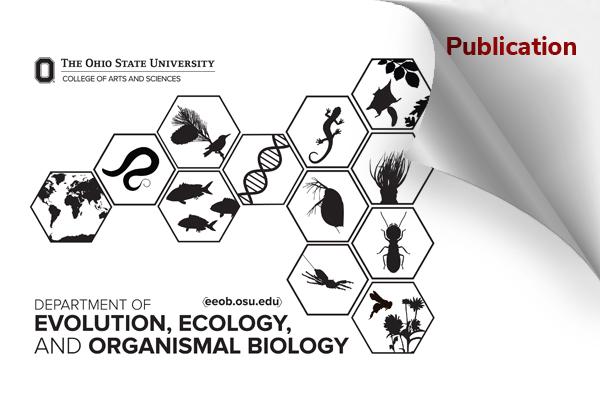EEOB Publication - Runnion & Sivakoff

Fungicide consumption exacerbates the negative effects of a common gut parasite in bumble
bee microcolonies
Emily Runnion, Ellen Klinger, James Strange and Frances Sivakoff. R. Soc. Open
Sci. 12: 250225. DOI: 10.1098/rsos.250225
Abstract
Bumble bees face numerous environmental stressors, including gut-parasite infection and exposure to agricultural fungicides, which can negatively impact colony health. This study evaluates the interactive effects of these stressors on bumble bee (Bombus impatiens) microcolonies, focusing on colony development, worker survival and parasite infection dynamics. Our aim in evaluating these interactions was to determine if bees would experience synergistic negative health outcomes compared to single- stressor exposures. We reared 40 queenless bumble bee microcolonies, and treated them with either fungicide-contaminated pollen, inoculation with a gut parasite, both, or neither. Contrary to original expectations, we did not observe significant synergistic interactions between the two stressors; however, we found that consumption of fungicide was associated with higher likelihood of gut-parasite infection, and delayed recovery from infection. Fungicide consumption was also connected to smaller workers, and smaller male offspring. We also found that gut-parasite infection was correlated with decreased pollen consumption overall, decreased worker survival and fewer developed pupae. This study provides insights into the impacts of co-occurring stressors affecting bumble bees and emphasizes the importance of sublethal effects on pollinator health.
